Leclanche reveals 6R concept & new ferry contracts
Swiss energy storage specialist Leclanché has developed a new concept for the circular economy of battery life. The concept anticipates compliance with new EU regulations on batteries.
The 6 “R’s” of Leclanché’s circular economy concept stand for Reliability, Repowering, Reuse, Recycling and Recycled Content, and Record, which spans the entire life cycle of its lithium-ion batteries.
The EU regulation to which Leclanché says it will be more than compliant is the new Battery Directive, which is expected to come into force in the second half of 2023. This directive aims to promote the circular economy, including the entire battery life cycle – from production to reuse and recycling, with minimum targets of recovered raw materials. Although it aims to reduce the environmental impact of batteries, it importantly also aims to keep battery raw materials in use, which has positive economic and geopolitical impacts.
This is exactly what the Swiss company wants to achieve with 6R. The batteries are to be monitored and maintained to extend their life. Whole batteries or individual components are to be reused in a second-life application; if damaged or after the end of their further use, they will be recycled and used for the production of new batteries. In addition, the raw materials are to be traceable.
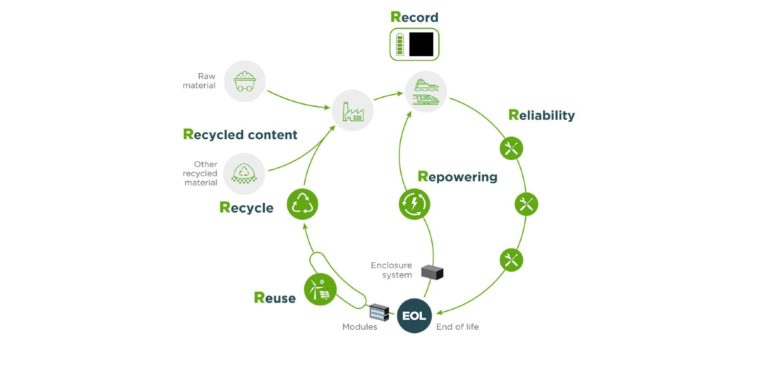
“We welcome the circular approach of the new EU directive. The upcoming requirements are very ambitious as they call for more environmental and greater value creation of battery production throughout Europe. In view of the necessary decarbonisation on the one hand, and the growing relevance of energy independence on the other, battery production has a strategic importance that we must live up to, with Leclanché at the forefront of this development,” said Pierre Blanc, Group CEO and CTIO of Leclanché.
Leclanché has operated a European production line for lithium-ion cells and complete battery systems in Germany and Switzerland since 2009. The company uses a proprietary water-based process which completely eliminates the use of the highly toxic organic solvents (NMP, short for N-methylpyrrolidone) that are otherwise common in the production process.
The Swiss company has also found another customer for some of these batteries with a newly signed supply agreement for battery systems for two hybrid ferries. The RoPax vessels are being built by Cemre Shipyard in Turkey for the Scottish shipping company Caledonian Maritime Assets Limited. The electric ferries will later be used around the islands of Islay and Jura, which are two of Scotland’s most southerly Inner Hebrides islands. Each ferry will be equipped with Leclanché’s Navius MRS-3 battery system with 1.1 MWh capacity and an integrated liquid cooling system.
In January just passed, Leclanche was selected as the battery provider for two hybrid vessels built for Stena Line and Brittany Ferries. The ‘E-Flexer’ ferries will be the world’s largest hybrid vessels and run between England and France.
leclanche.com (6R), leclanche.com (ferries)

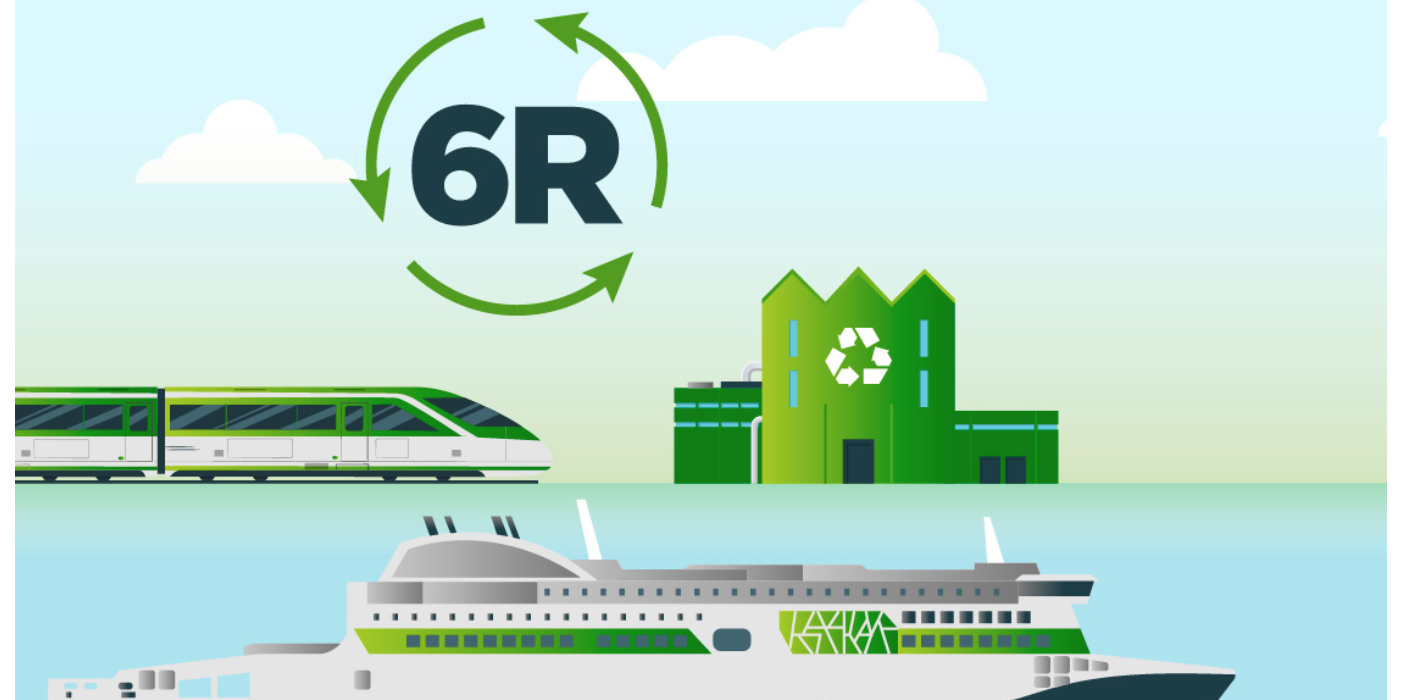
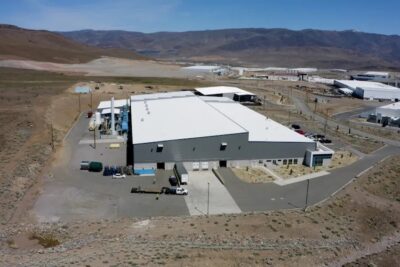
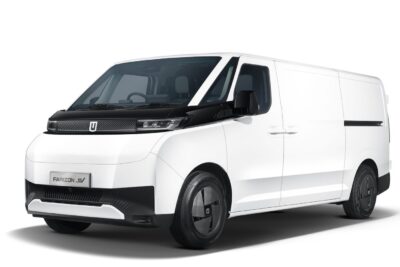
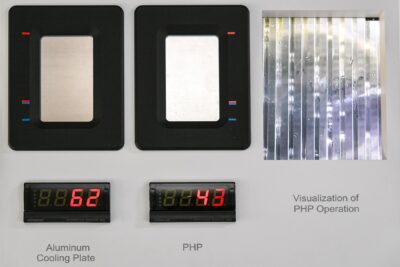
0 Comments